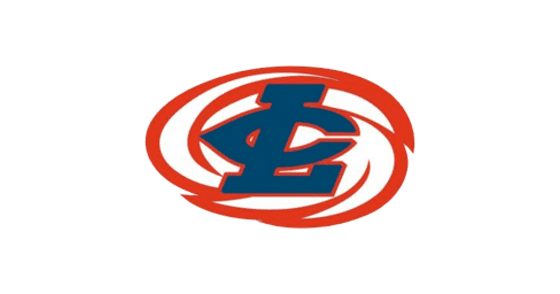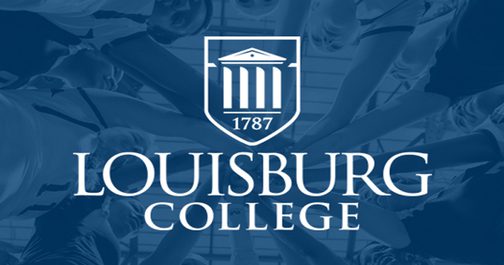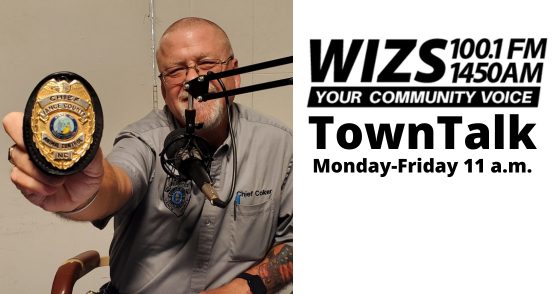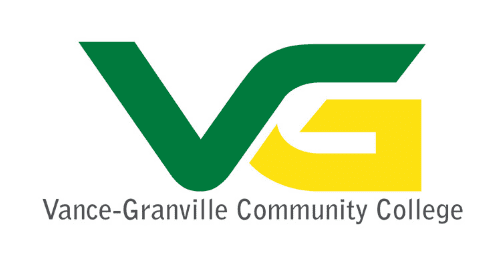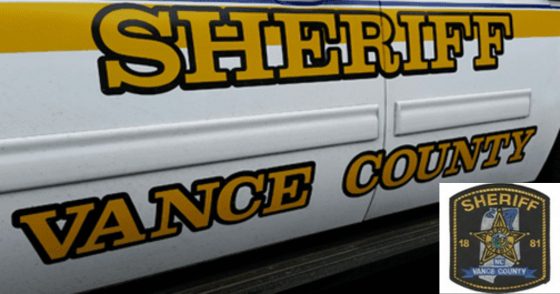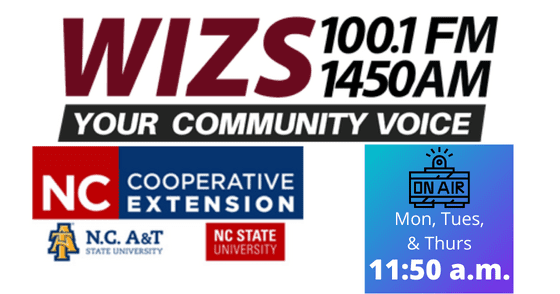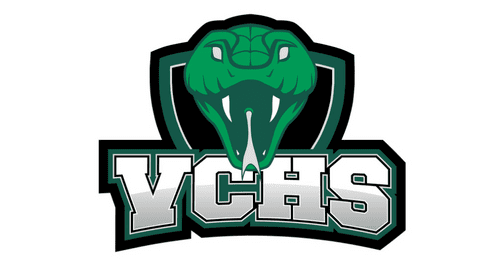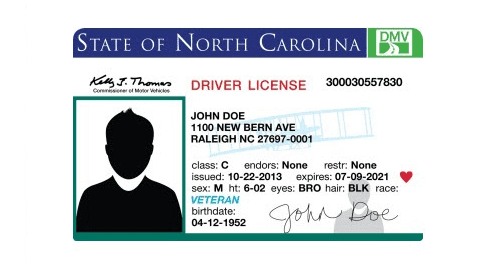For the first time in the history of the state of North Carolina, students at STEM Early High picked, researched, designed, and on May 11th, will be testing scientific experiments in zero-g, lunar, and martial gravity environments.
— Vance County Schools Press Release —
STEM Early High School teacher Milton Lima represented Vance County Schools at the 29th Annual Space Exploration Educators Conference (SEEC) at Space Center Houston in Houston, Texas. SEEC is one of the nation’s leading science educational opportunities for K-12th grade educators to access the latest teaching tools that can fuel their students’ passion for STEM, explore topics in aerospace and network with space industry leaders and NASA experts!
The theme of the 29th SEEC was “Inspiration Shapes Our Future”. Lima shared that scientists, engineers and exceptional educators conducted sessions which offered hands-on, easy to implement science, technology, engineering, arts and mathematics lessons, geared towards engaging students at all grade levels.
During the conference, Lima had the opportunity to present the different programs that Vance County Schools’ students have developed at STEM Early High School, such as the:
➔ Microgravity Program: For the first time in the history of the state of North Carolina, students at STEM Early High picked, researched, designed, and on May 11th, will be testing scientific experiments in zero-g, lunar, and martial gravity environments. This program is a collaboration with the Wisconsin and North Carolina Space Grant Consortium, and also Winston-Salem State University, in Winston-Salem, North Carolina.
➔ NASA Sparx: This is an international collaboration of teachers mentoring students on solving NASA Challenges. Students at STEM Early High worked on building lunar habitats with paper and 3-D models. They have also been working on using metaverse technology. Students at STEM were able to meet weekly with other students across the globe during NASA Sparx.
➔ Space Farmers: STEM Early High students were involved in some of the projects by NASA, which included understanding how to plant in space within harsh and inappropriate conditions. This program is part of an international collaboration of educators.
Lima was also asked to participate in the recognizing of the Limitless Space Institute (LSI) participants. Lima was 1 of 20 educators selected worldwide that are learning beyond solar system science and creating STEAM K-12 lesson plans to bring into the classroom.
“The Space Exploration Educators Conference (SEEC) is a place for hands-on activities combined with engaging speakers that inject enthusiasm to go back into the classroom and help students reach the stars,” says Lima. “It is my goal to continue inspiring our children to be successful in our state, nationwide and across the globe.”
The conference was also an opportunity for scientists, engineers and educators to network with each other and learn what’s happening in STEM in schools across the world. Milton Lima shared that he is meeting with the Director of Education at NASA Space Center Houston and Vice-Chair of Manned Space Flight Education Foundation Board of Director, Iván Rodriguez, to discuss collaborations for NASA Programs in North Carolina and Brazil.

